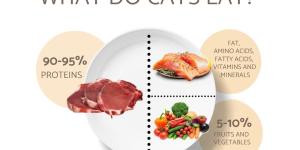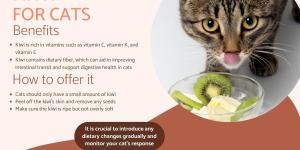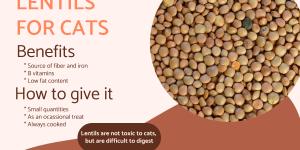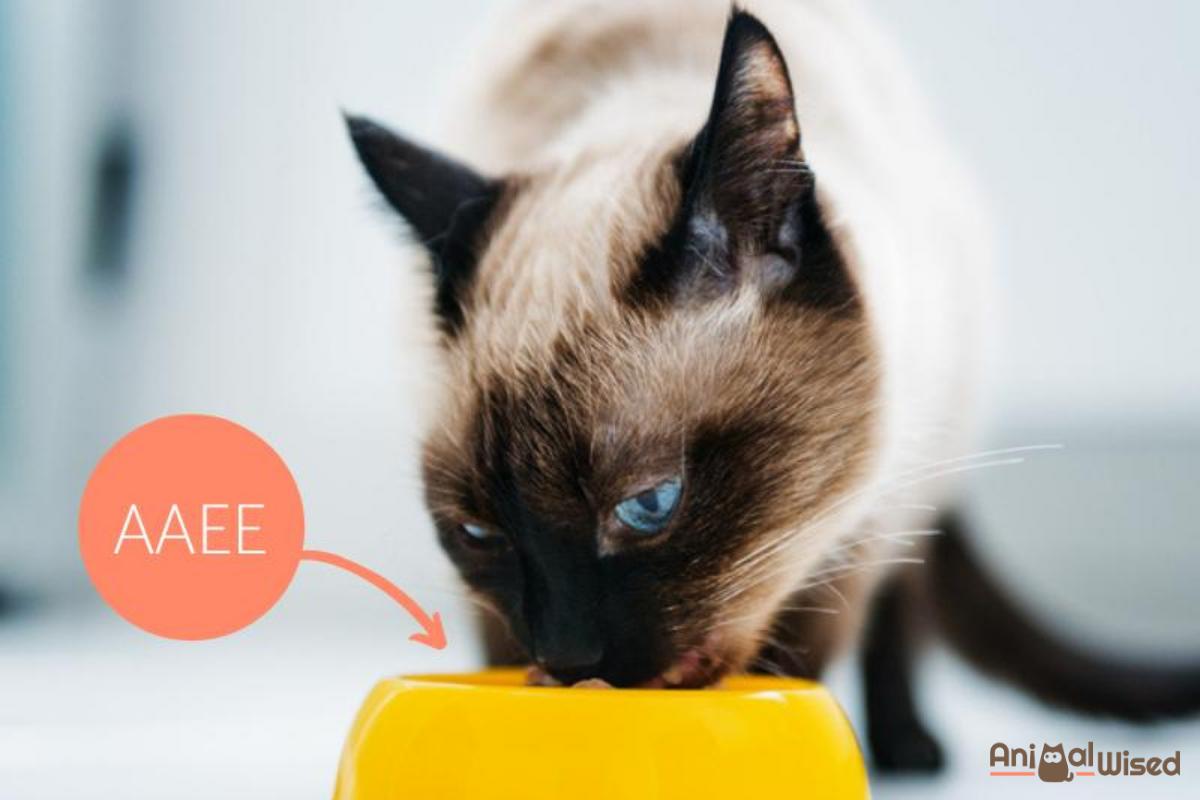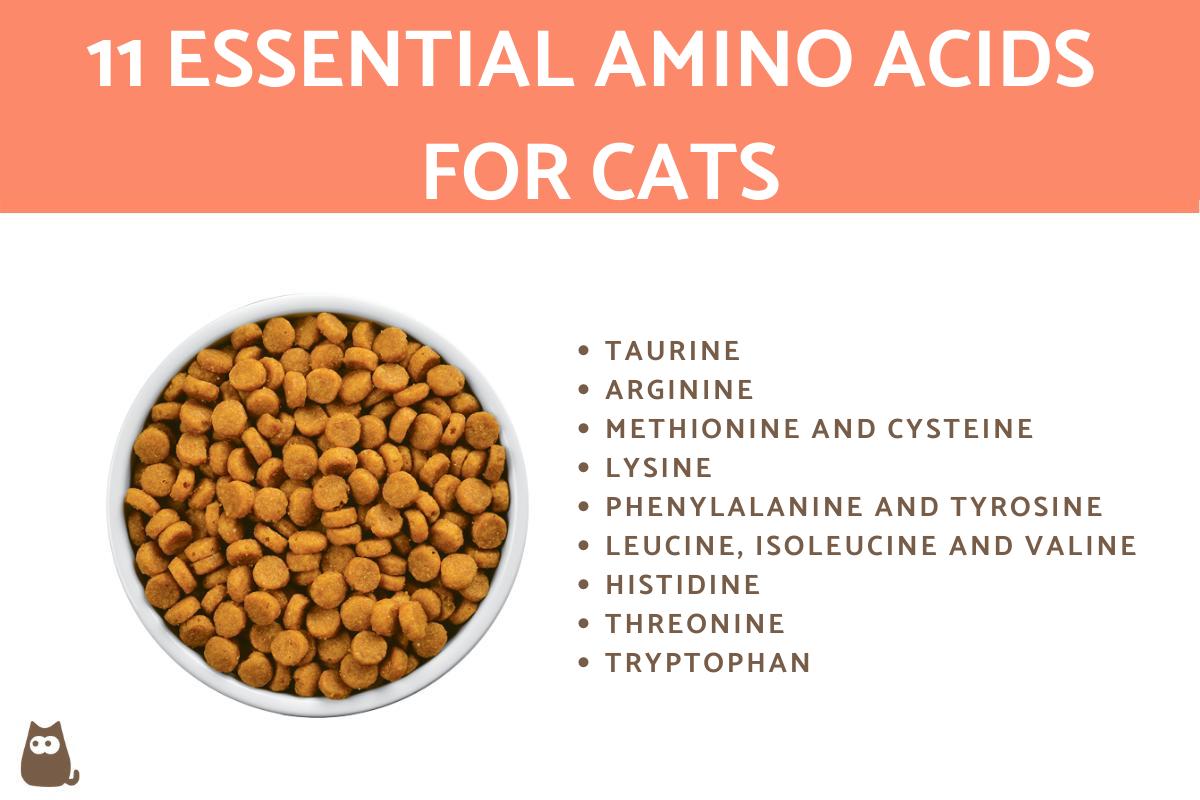Essential Amino Acids for Cats



See files for Cats
Felines are obligate carnivores. In the wild, cats are capable of obtaining all their essential nutrients from their prey. In the domestic environment, it is their caregivers who need to provide the right diet to meet their nutritional needs. Commercial feed is formulated in such a way as to ensure these needs are met, but products can vary in quality. When we feed cats with a homemade diet, ensuring they have their correct nutrition is especially important. Essential amino acids are vital for a cat's survival. These compounds are sourced from diets high in animal protein, but different products contain different nutrients.
At AnimalWised, we help you best ensure your cat has their dietary needs met by providing this list of the 11 essential amino acids for cats. Here you can learn their effect on the cat's health and the best sources to find them.
- What are the essential amino acids for cats?
- Taurine
- Arginine
- Methionine and cysteine
- Lysine
- Phenylalanine and tyrosine
- Leucine, isoleucine and valine
- Histidine
- Threonine
- Tryptophan
What are the essential amino acids for cats?
Cats are obligate carnivores, i.e. they need animal protein to survive. This is why it is important we provide diets which are high in animal protein. There are some commercial feeds which have higher amounts of protein than others and quality can vary. Some commercial feeds even use vegetables to supplement the feed. This should not provide a problem as long as the rest of the ingredients provide the right nutrition.
Problems can arise when cat guardians want to feed their animals low-protein diets. This may be understandable if the guardian does not want to consume animal products, but cats cannot sustain themselves on diets without animal protein. The reason is due to the lack of essential nutrients such as amino acids.
Amino acids are the basis for the formation of certain proteins. There are 20 different kinds of amino acids which cats can metabolize, of which only 11 are essential. They must be be obtained from the diet, since they cannot be produced by their body. If your cat doesn't get these essential amino acids, their physiological function will begin to deteriorate, essential protein synthesis will be impeded, and their health will be compromised in multiple ways. In the case of kittens, it will stunt their growth and development.
The essential amino acids in cats are:
- Taurine
- Arginine
- Methionine (and cysteine)
- Lysine
- Phenylalanine (and tyrosine)
- Leucine
- Isoleucine
- Valine
- Histidine
- Tryptophan
- Threonine
Below, we'll discuss each essential amino acid for cats separately. We look at their functions, what can cause their deficiencies and the foods in which they are found.

Taurine
Taurine fulfills the following functions in the body of cats:
- Bile production
- Conjugation of bile acids
- Antioxidant
- Cellular and extracellular calcium regulation
- Prevents liver diseases
- Intervenes in the healthy functioning of the heart and eyesight
- Acts as a neurotransmitter
- Play an important role in proper muscle and nerve function
- Aids reproduction
- Maintains proper functioning of cell membranes
Symptoms of taurine deficiency in cats
Taurine deficiency will not cause immediate death, but your cat's body will gradually weaken. Alterations in the functions mentioned above will appear and it can be responsible for serious long-term health problems long term five months after the beginning of the insufficiency, especially:
- Heart problems: specifically dilated cardiomyopathy (enlargement of the heart's ventricles) which is usually accompanied by pleural effusion in cats (leakage of fluid in the membrane that covers the lungs).
- Retinal problems: a disease known as central retinal degeneration (the retina converts the images detected by the eyeball into electrical signals, sending them to the brain through the optic nerve and thus vision is produced), so its degeneration can cause blindness in our cat.
While the evolution of cardiomyopathy to congestive heart failure and its complications can be practically reversed with taurine supplementation, the damage to our cat's retina will never be cured. All we can do is prevent further progression.
Which is taurine for cats obtained?
Taurine for cats is found particularly in offal, i.e. organs such as the heart, lungs, liver and kidneys. It can also be found in muscules. In addition, it is more abundant in poultry and fish than in red meat such a lamb or beef. It is estimated that a cat should ingest between 200 and 300 mg of taurine per day. When taurine deficient, it should be supplemented with 250 mg twice a day. For more information, we encourage you to consult this other article on foods rich in taurine for cats.
Arginine
Arginine is important for the synthesis of urea from ammonia and participates in its elimination. If there is no arginine, ammonia poisoning can occur in our cat. This can be fatal in a matter of hours.
Symptoms of arginine deficiency in cats
If our cat does not consume enough arginine, the following can happen:
- Weight loss
- Vomiting
- Excessive salivation
- Muscle tremo
- Neurological signs
- Waterfalls
- Death
Where is arginine for cats obtained?
In general, cats can get arginine from muscles, organs, and gelatin.
Methionine and cysteine
Methionine and cysteine are sulfur amino acids important for the synthesis of keratin. This is the main protein of skin, nails and hair. Methionine is more essential than cysteine, since cysteine can be synthesized from methionine. However, if it is obtained in sufficient quantity from the diet, it frees up methionine to be used more fully for its function.
Symptoms of methionine and cysteine deficiency in cats
In general, its methionine deficiency in cats can cause:
- Alopecia (hair loss)
- Slow hair growth
- Brittle, dull and dull appearance of the coat
- Poor keratinization of the nails and dry skin
Learn other reasons for alopecia in cats with our article on why a cat's hair is falling out.
Where are methionine and cysteine for cats obtained?
In fish and egg proteins, as well as casein from dairy products. Wheat and corn can also be an important source.
Lysine
Lysine is often the amino acid most at risk of becoming deficient if cat food is not formulated correctly, and it is also sensitive to high temperatures. It intervenes in the formation of proteins and helps your cat's natural immunity .
Symptoms of lysine deficiency in cats
Among the symptoms of lysine deficiency in cats, the following stand out:
- Weight loss
- Altered calcium absorption
- Compromises muscle formation and growth hormone release
Where is lysine for cats obtained?
Lysine is usually obtained from animal sources, especially muscle. Soy proteins are also a good source of this essential amino acid.
Learn more about essential nutrition for felines with our article on whether cats need to eat wet food.
Phenylalanine and tyrosine
Phenylalanine is essential for the production of thyroid hormones, coat color (yellow, red and black pigments) and iris pigmentation. Tyrosine is involved in the formation of adrenaline, noradrenaline and dopamine, all necessary for proper brain function and reproductive activity.
Symptoms of phenylalanine and tyrosine deficiency in cats
A deficiency of these essential amino acids for cats can cause the following:
- Dysfunction of the neurological system
- Incoordination
- Hyperactivity
Where are phenylalanine and tyrosine for cats obtained?
Phenylalanine can be found in most poultry, pork, beef, and fish protein sources. Rice contains good amounts of tyrosine.
Leucine, isoleucine and valine
They are branched-chain amino acids that are involved in protein synthesis and in delaying its degradation in the muscles. Furthermore, isoleucine is essential in the formation of hemoglobin and is involved in blood coagulation.
Symptoms of leucine, isoleucine and valine deficiency in cats
If your cat shows a deficiency in these essential amino acids, the following may occur:
- Alteration in the synthesis of DNA and muscle
- Impairment of blood sugar regulation
- Weight loss
- Lethargy
- Rough fur
- Scabs around the eyes and mouth
- Desquamation of the epidermis of the pads
- Uncoordinated walk
Learn more about one of these symptoms with our article on why a cat has bald spots above the eyes.
Where are leucine, isoleucine and valine obtained?
These three essential amino acids are usually obtained from beef, lamb, poultry and eggs.
Histidine
Histidine, in addition to protein formation, is involved in the synthesis of compounds such as histamine, which is a substance that is involved in allergic processes. Learn more about these processes in our article on signs of allergies in cats.
Symptoms of histidine deficiency in cats
If your cat suffers from histidine deficiency, these symptoms will appear.
- Weight loss
- Anorexia
- Cataracts
Where is histidine for cats obtained?
In the flesh and blood of animals and fish.
Threonine
Threonine acts as a precursor to pyruvate, which is involved in energy production in your cat's cells. Together with aspartic acid and methionine, it also intervenes in the metabolism of fats.
Symptoms of threonine deficiency in cats
A threonine deficiency can cause:
- Weight loss
- Anorexia
- Problems in the nervous system
Where is threonine for cats obtained?
It can be found in poultry, lamb, pork, beef and fish.
Tryptophan
Tryptophan is a precursor of niacin and melatonin. It acts in the regulation of anxiety, sleep and stress as it is also a precursor of serotonin.
Symptoms of tryptophan deficiency in cats
If your cat suffers from a tryptophan deficiency, the following symptoms will appear:
- Anorexia
- Weight loss
Where is tryptophan for cats obtained?
The main sources of tryptophan for cats are poultry meat, fish, eggs and grains.

If you want to read similar articles to Essential Amino Acids for Cats, we recommend you visit our Healthy diets category.
Tips
- Feed your cat with a complete feed formulated not only for felines, but for the age and health status of your individual cat.
- If you have dogs at home, do not feed cats with dog food. We have shown this can be a problem, especially since dog food does not have as much taurine and tends to have less protein.
- Don't force them to follow a vegetarian or high-carbohydrate/low-protein diet.
- You can sometimes give them meat directly, but avoid raw meat as it can transmit diseases.
- You can supplement their diet with cat milk, which usually contains essential amino acids such as taurine.
- Risso, A. Basic concepts of nutrition in dogs and cats. Retrieved from: https://ri.conicet.gov.ar/bitstream/handle/11336/53482/CONICET_Digital_Nro.d26d43e9-7be4-40f6-84b0-e44797b2d9d0_B-29-36.pdf?sequence=5&isAllowed=y
- Butterwick, R. (2009). WALTHAM® Pocket Book of Essential Cat and Dog Nutrition. Retrieved from: https://www.waltham.com/sites/g/files/jydpyr1046/files/2020-05/nutritionpocketbookspanish.pdf
- AA.VV. (2018). Clinical Manual of Feline Medicine. Ed.SM Publishing LTD. Sheffield, UK
- Gemfe. Cats and food. Hail. Retrieved from: https://www.avepa.org/articulos/alimentacion.html

